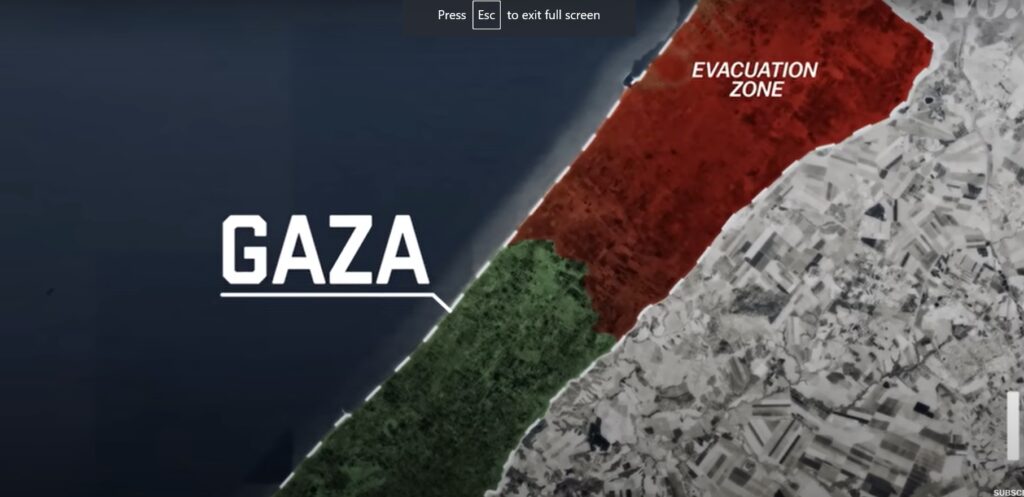Defense Minister Yoav Galant’s post-war strategy, unfortunately, fell short.
Subsequently, in collaboration with the Biden administration, an alternative plan was proposed involving the recruitment and training of Fatah operatives under Palestinian intelligence chief Majed Faraj.
However, Prime Minister Benjamin Netanyahu intervened, expressing strong opposition to Palestinian Authority (PA) control in Gaza post-conflict.
Efforts to establish a local leadership within Gaza, as per Netanyahu’s plan, faced significant challenges.
Despite IDF control over 70% of Gaza’s territory, Hamas thwarted attempts to recruit local stakeholders for humanitarian aid distribution and governance.
A pivotal aspect of establishing local governance lies in ensuring humanitarian aid reaches the populace without bolstering Hamas’ authority.
Presently, aid entering Gaza falls into Hamas’ hands, strengthening its grip on the region.
Therefore, Israel must swiftly implement a temporary military government to oversee aid distribution while concurrently initiating the formation of a Palestinian civil administration.
This civil administration, comprising non-Hamas affiliated officials residing in Gaza, will gradually assume civil control.
Israel’s expertise in managing civilian affairs in Gaza and the West Bank underscores the feasibility of this transition.
The establishment of a Palestinian civil administration, independent of both Hamas and the PA, aligns with Israel’s security interests.
However, given the current circumstances, a mentorship model is necessary.
Israel will initially govern Gaza militarily, gradually transferring civil powers to the Palestinian administration.
Key principles of the temporary military government include IDF oversight of security, akin to Area B in the West Bank, preventing Hamas resurgence.
Additionally, control over the “Philadelphia Corridor” to curb arms smuggling from Egypt and a buffer zone in northern Gaza safeguarding Israeli settlements are essential.
In conclusion, the establishment of temporary military governance alongside a Palestinian civil administration presents a viable strategy for Gaza’s post-conflict stabilization.
By prioritizing civilian welfare while curtailing Hamas influence, Israel can lay the groundwork for lasting peace and security in the region.




